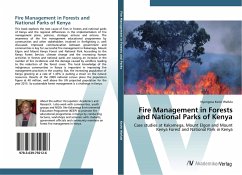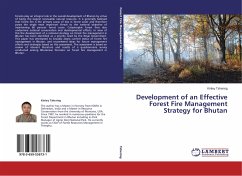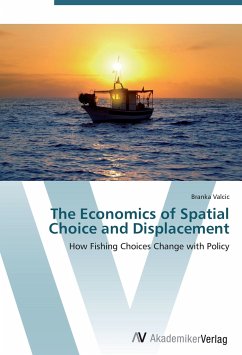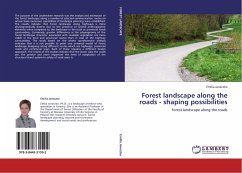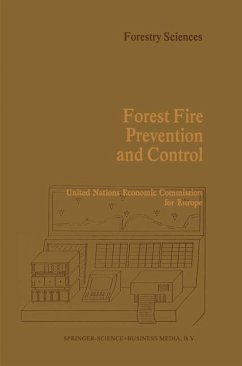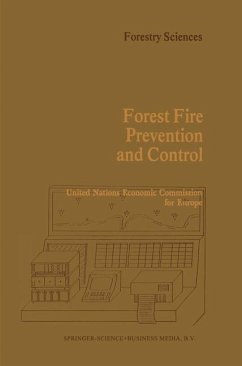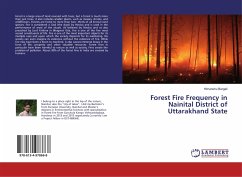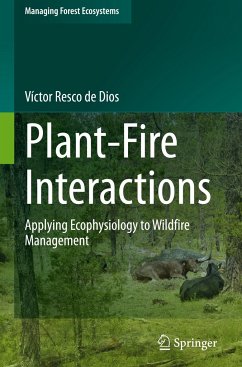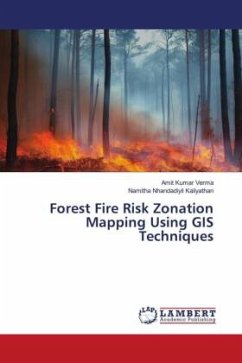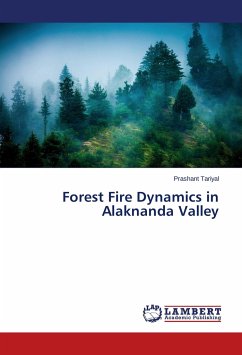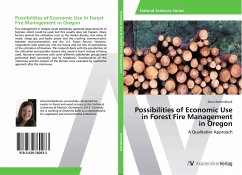
Possibilities of Economic Use in Forest Fire Management in Oregon
A Qualitative Approach
Versandkostenfrei!
Versandfertig in 6-10 Tagen
36,99 €
inkl. MwSt.

PAYBACK Punkte
18 °P sammeln!
Fire management in Oregon could potentially generate large amounts of biomass which could be used, but this usually does not happen. Many factors prevent the utilization such as the market density, low value of wood, cheap gas and hydro power and the crushing communication between environmentalists and the U.S. Forest Service. However, respondents look positively into the future and see lots of possibilities of the utilization of biomass. This research deals with the possibilities of the utilization and possible reasons why wood is burnt instead of being used. Narrative interviews with seven d...
Fire management in Oregon could potentially generate large amounts of biomass which could be used, but this usually does not happen. Many factors prevent the utilization such as the market density, low value of wood, cheap gas and hydro power and the crushing communication between environmentalists and the U.S. Forest Service. However, respondents look positively into the future and see lots of possibilities of the utilization of biomass. This research deals with the possibilities of the utilization and possible reasons why wood is burnt instead of being used. Narrative interviews with seven different stakeholder groups were performed both personally and by telephone. Transliteration of the interviews and the analysis of the barriers were evaluated by qualitative approach after the interviews.



